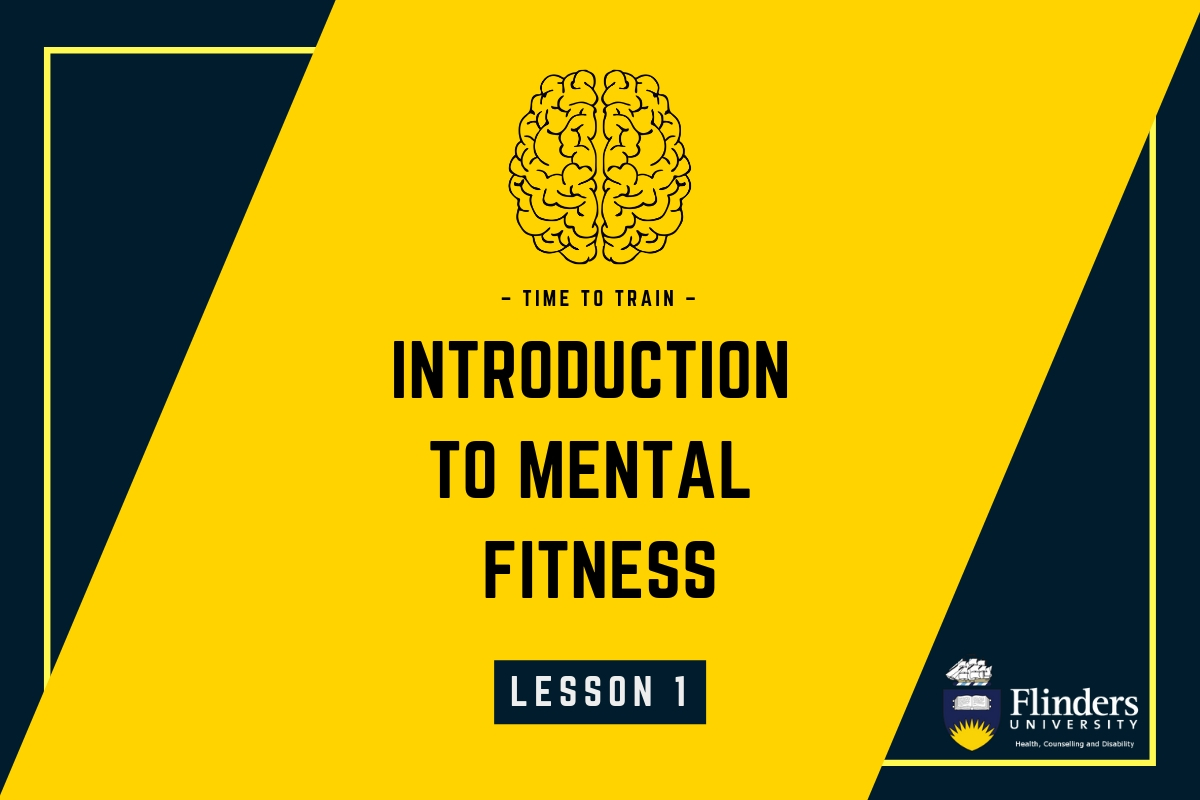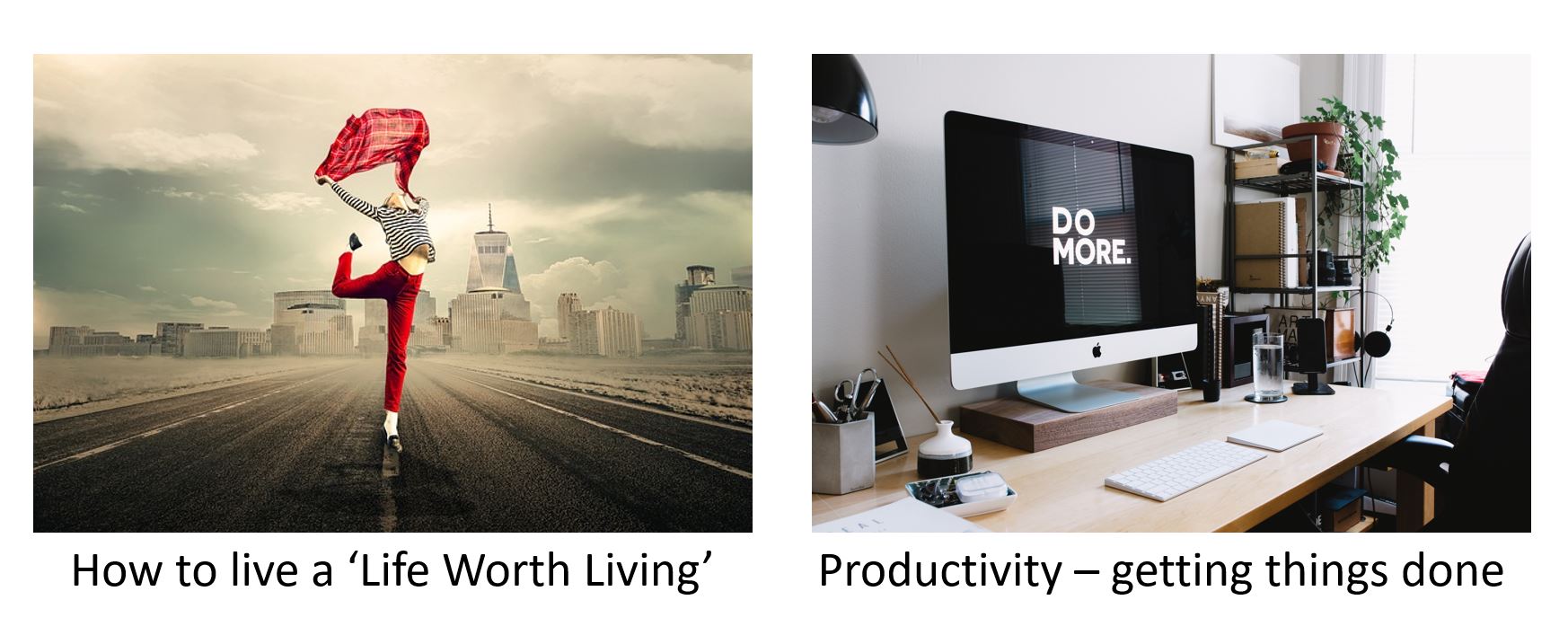
Welcome to Lesson 1 of my Introduction To Mental Fitness Course. If you’ve landed here and are not sure what you are reading, check out this post which should explain it all. Otherwise, enjoy!
Lesson 1 – Welcome 🙂
Welcome to Lesson 1 of my ‘Introduction to Mental Fitness Course’.
Truth be told, I’ve been wanting to build this course since starting here in my role in 2017. But it wasn’t until I was 18 months into my role that I really started to understand the content of the course.
I’ve experienced a lot of indecision about the structure of the course (blog vs podcast vs FLO topic vs workbook) but the content (i.e. the main things I want to say) I’ve been quite comfortable with for a while now.
So rather than agonise over the perfect structure, lets just get in there and start the conversation. The good thing is I had already been writing the course as ‘episodes’ or ‘lessons’ which lends itself well to being broken up into blog posts.
This first lesson is pretty easy, basically just an outline of my goals for this course, a description of how the course will be delivered and then a couple of reflection questions to get you thinking about whether this course might be for you. My aim is then to post a lesson per week over the course of the year. An ambitious goal I realise, but hey, the best goals are always the ambitious ones 🙂
Goals of this course
I have two main goals with this course. One is to improve your academic outcomes, namely your productivity, your grades and how engaged you are with your degree. My second goal is to improve your wellbeing – how happy you are, how connected you feel, and how content you are with your life.

I make the assumption that regardless of our different histories, preferences, strengths and weaknesses, these are two goals that we share. We all want to be good at our studies/work. We all want to feel our life is worth living.
To achieve these goals, I want to equip you with the knowledge and skills required to make powerful changes in your own life. I want to give you a framework for self-development and improvement that you can start using straight away to improve different aspects of your life. This framework isn’t just relevant for your time at university. It is a framework you can use throughout your life to better yourself. I call this a Mental Fitness Framework. I am actively applying this framework in my own life.
How this course works
Having spent a lot of time agonising about this course and how to deliver it, I finally decided to just use the blog to release it. This blog has been my primary communication device during my time here at Flinders, and it makes sense to not over-complicate things by trying to develop other communication channels.
My goal is to write and post a new Mental Fitness Lesson each week for the remainder of 2019. I already have around 7 of these lessons written and an additional 10 lessons mapped out so I think this is a realistic aim, at least until June when my pre-prepared materials start to run out.
The early lessons will introduce you to all the relevant concepts and ideas you need to wrap your head around in order to understand my Mental Fitness Framework. We’ll cover stuff like self-improvement, psychological needs, values, acquiring knowledge, developing new skills and implementing new habits. By the time you’ve read all these lessons, we’ll be talking the same language and you’ll understand my framework for understanding and engaging in self-improvement.

The latter episodes will then demonstrate how to apply that framework to building a life that is psychologically rewarding and fulfilling. I’ll focus on areas that I think are highly relevant to university students: study, friendships/relationships, work preparation and mental health.
The lessons will be presented as blog posts, like this one. Where relevant I’ll include links (to supporting or relevant materials) and images (to better explain concepts). I may link to other blog posts I have written that deal with similar topics. For example, when I talk about psychological needs, I’ll refer to a previous post on the topic. Putting the lessons up as blog posts means you can revisit them at any point and easily share them with friends or family. You can also leave comments below.
Included in each lesson/post will be include some reflection questions and suggested tasks.
The reflection questions invite you to consider what I’ve talked about in the lesson in the context of your own life. They are intended to get you thinking at a deeper level about the process of self-improvement. If you decide to follow this course in any way, I recommend getting a small notebook, or opening up a new word document on your laptop into which you can write your answers to these reflection questions. I am a strong believer that writing is one of the best ways to organise your thoughts and remember new ideas.
The suggested tasks are practical things you can actually do. These might be simple lifestyle changes, accessing and reading some recommended resources or thought exercises that seek to embed the concepts from the lessons into your everyday life. These are your first steps in building a better you. As the course progresses these suggested tasks will get a little more challenging. This is purposeful on my part because I think the true value of this course will come from you actually experimenting with making improvements in your life, not just thinking about them.
Your time commitments
I am very mindful that the modern student is busy and time pressured, and not always in a position to add more to their schedule.
I hope that by releasing this course in bite sized chunks that the impact on your overall workload is minimal. At one post per week, that is probably only around 20 minutes of your time per week that you would need to devote to this. By putting these lessons online, you can also catch up easily on missed lessons.
That being said, it is worth noting that any attempts to make significant self-improvements does require an appropriate allocation of time. If your goal was to get physically fit, you know that you would probably have to allocate at least a couple of hours a week to achieve this. Getting mentally fit is similar. If you want to see significant changes in your mental wellbeing, then you will need, at some point, to invest the time and effort.
One of the good things about this course, is that as you learn more about self-improvement and mental fitness, you’ll be better at identifying what you want to improve, and how to go about it. This course will hopefully make your self-improvement efforts more efficient and focused
Final words
I am really happy and excited to be offering this Mental Fitness course this year. I am also really happy that I’m no longer vacillating between different delivery options. Finally, I am pretty stoked that I got to use the word ‘vacillating’ in a sentence.
I really hope you find value in this course.
If you have questions about the course or individual lessons, email me on gareth.furber@flinders.edu.au.
If you want to direct other people to the course, send them to www.flinders.edu.au/mentalfitness.
In the next lesson I’ll dig in a little further into what I mean by ‘self-improvement‘, and invite you to explore your attitudes towards the concept of self-improvement. Until then, have a good week.
Reflection Questions – Lesson 1
What prompted you to read this post? What is it about it that caught your attention?
Having read about the mental fitness course, do you think you will tune in to future lessons? What is it about your life that you think this Mental Fitness course might help with?
Suggested Tasks – Lesson 1
Bookmark this page, so you can go back and read other lessons.

